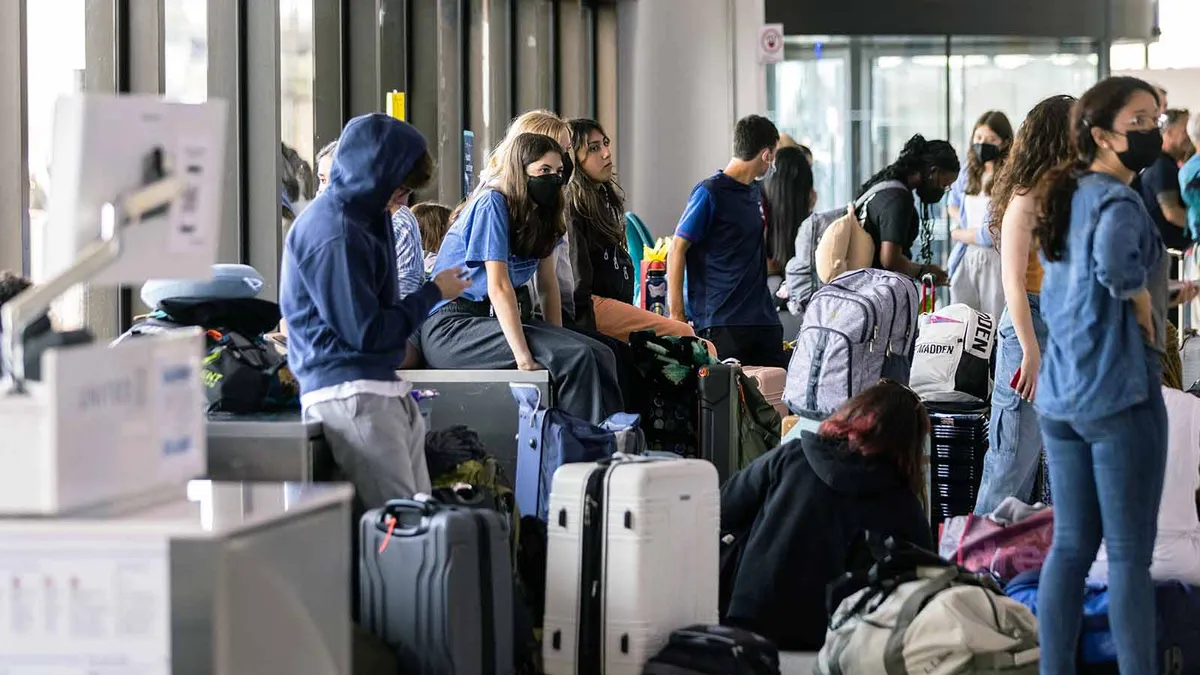Flight cancellations pose significant disruptions to travel plans, necessitating a comprehensive understanding of passenger rights and procedures. In this article, we elucidate the intricacies of flight cancellations, empowering passengers to assert their rights and navigate cancellations effectively.
Passenger Rights
In the event of flight cancellations, passenger entitlements vary based on the circumstances surrounding the cancellation. If the airline initiates the cancellation, passengers are entitled to compensation under the Air Passenger Rights Regulation. Compensation amounts are contingent on the cancellation’s timing, with varying reimbursement percentages based on advance notice periods.
Refund Policies
Understanding refund policies is essential for passengers contemplating flight cancellations. Prepaid flights may be subject to partial refunds or credit options, contingent on cancellation timelines and ticket types. However, non-refundable tickets often entail forfeiture of funds, underscoring the importance of discerning refundable ticket options before booking.
Cancellation Fees
Airlines may impose cancellation fees, particularly for last-minute cancellations, to offset operational costs and revenue losses. While some fees are permissible, excessive charges may contravene consumer protection regulations. Passengers should review airline policies and terms before canceling flights to ascertain applicable fees.
Cancellation Timeframes
The timeframe for canceling flights without incurring charges varies among airlines, typically ranging from 24 to 48 hours post-purchase. Proactive cancellation within stipulated windows enables passengers to secure full refunds or credits, mitigating financial losses associated with cancellations.
Flight Cancellation Procedures
When canceling flights, passengers should directly communicate with airlines, preferably in writing, to initiate cancellation requests and refund claims. Timely submission of cancellation requests ensures expedited processing and resolution of refund disputes.
Passenger Recourse
In cases of unavoidable flight cancellations by airlines, passengers are entitled to compensation, replacement flights, or ticket refunds. Documentation of cancellation reasons, expense receipts, and adherence to airline procedures facilitate claims processing and reimbursement.
What occurs if you purchase a non-refundable ticket but are unable to utilize it?
It is incredibly annoying if you purchase a non-refundable ticket and then find out you are unable to utilize it. Thankfully, there are several strategies (hints) that can help you reduce your loss.
- Firstly, you can resell your ticket to other people. Many businesses have policies or alternatives that allow tickets to be resold to other customers at a discount. But it’s not always possible to use this option.
- Trying to go and getting your ticket refunded is your second choice. Many companies give their customers (travelers) their money back even if they are unable to make their trip. Your odds of receiving a refund are higher the sooner you get in touch with the business and explain the circumstances.
- The last choice is to receive a refund or credit for additional travel. This service is offered by many firms so that clients can receive credits to be applied toward future train or airline ticket purchases, or a portion of the total value of their unused tickets. But be aware that there may be particular requirements and limitations associated with this kind of return, so do your research carefully.
- Ultimately, buying a non-refundable ticket just to find out you can’t use it later can be annoying, but if you’re lucky, there may be more than one way to solve this issue!
Conclusion
In conclusion, navigating flight cancellations necessitates a nuanced understanding of passenger rights, refund policies, and procedural protocols. By leveraging knowledge of cancellation procedures and asserting their entitlements, passengers can mitigate disruptions and safeguard their interests in the face of unforeseen cancellations.

